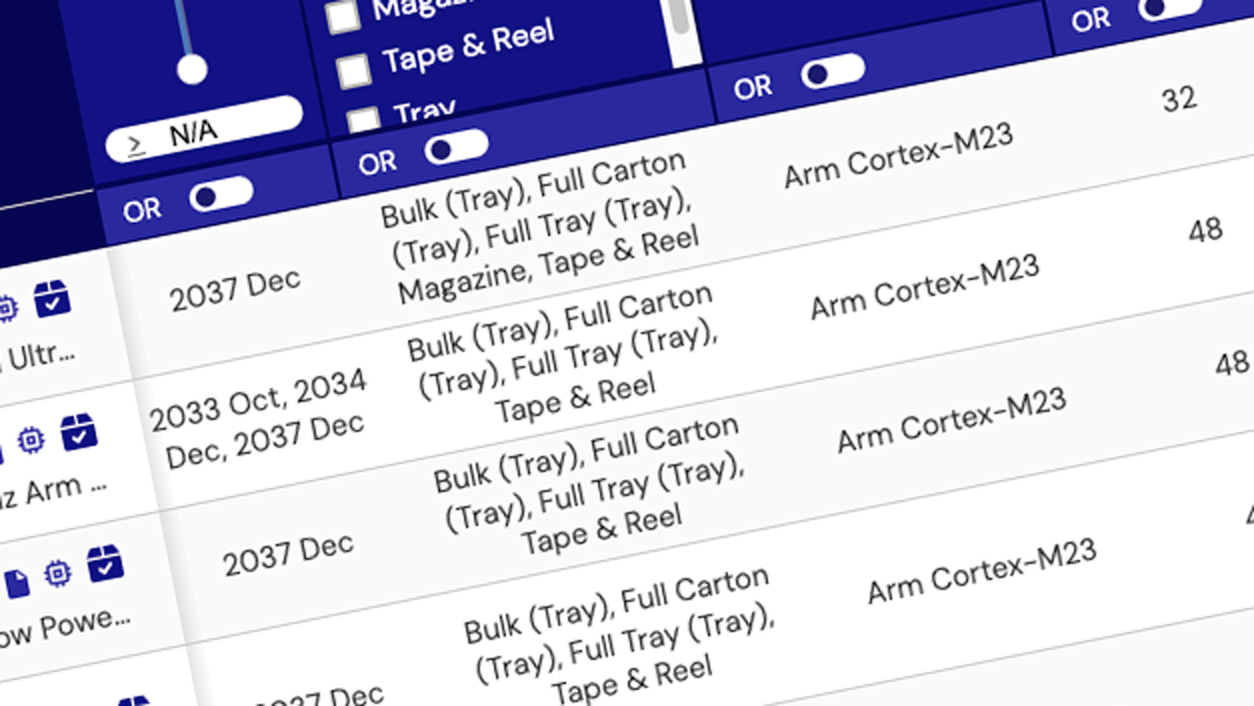Renesas provides a wide range of photocouplers (optocouplers), including IC output photocouplers (optocouplers) featuring a high response from 1Mbps to 15Mbps, as well as general-purpose transistor output devices featuring high isolation voltage, high-temperature operation and compliance with various international safety standards. For motor drive applications, dedicated photocouplers provide high isolation voltage, high-temperature operation, high output current, and high-speed switching.
The automotive photocouplers (transistor output, IC output) are in a small package, The RV1S2752Q is a small package photocoupler (transistor output, IC output) with high dielectric strength (3.75KV) and high-temperature operation up to 135 °C. The RV1S2752Q is designed to be used for automotive applications. The design can be easily customized to meet the customer's needs, including safety assurance and temperature characteristics. The design of the product, including safety assurance and temperature characteristics, is made easy by the customer.
Technical Description and Precautions
Technical descriptions of features, specifications, structure, and characteristics of photocouplers/optocouplers.
Photocouplers/Optocouplers
Explanation of Specifications
General specifications for various usage environments including absolute maximum ratings and electrical characteristics are available.
How Photocouplers Are Used
Photocouplers are mainly used as a switching device to transfer pulse signals and to transfer feedback error signals in analog switching regulators.
Noise Phenomena
Since a photocoupler operates without any circuit connection to the base of a phototransistor, two typical types of noise phenomena are sometimes generated.
CTR/Response Time
Learn about the current transfer ratio (CTR) characteristics and response time of photocouplers/optocouplers.
AC Input Capable Photocouplers
Learn how an AC input capable photocoupler enables the input of an AC current using two LEDs connected back-to-back on the input side.
Photocouplers vs. OCMOS FETS
Both photocouplers/optocouplers and optical-coupled MOSFET (SSRs) transmit signals while remaining electrically isolated, learn the differences between these devices.
Solid State Relays (OCMOS FETs)
Specifications
General specifications for various usage environments including absolute maximum ratings and electrical characteristics are available for Renesas OCMOS FETs.
Structure and Features
An optical-coupled MOSFET is a full solid state relay that consists of a light-emitting diode (LED) for the input side and MOSFETs for the contact point.
Operating Models
There are two types of optical-coupled MOSFETs, the "make" type (normally open) and "break" type (normally closed).
Precautions for Correct Usage of Optoelectronics
Precautions for Correct Usage
To obtain the requisite optical characteristics when using optoelectronic devices, special care should be used during mounting, as well as other precautions.
Safety Standards Classification Chart (Photocouplers/Optocouplers) Approval List
Photocouplers/Optocouplers Safety Standards Classification Chart (UL, CSA, BSI, VDE Approval)
Photocouplers/Optocouplers Safety Standards Classification Chart (SEMKO, NEMKO, DEMKO, FIMKO, CQC)



